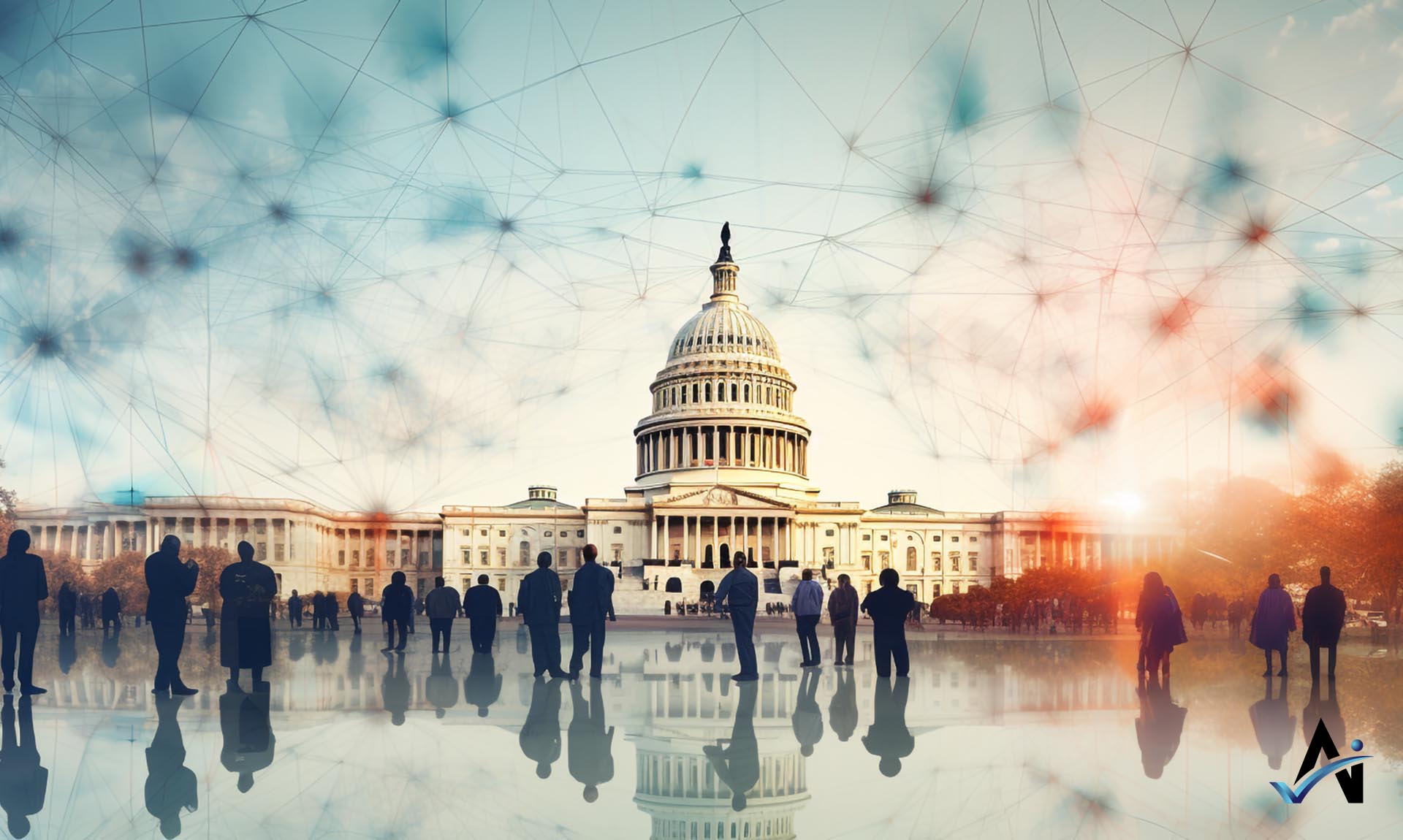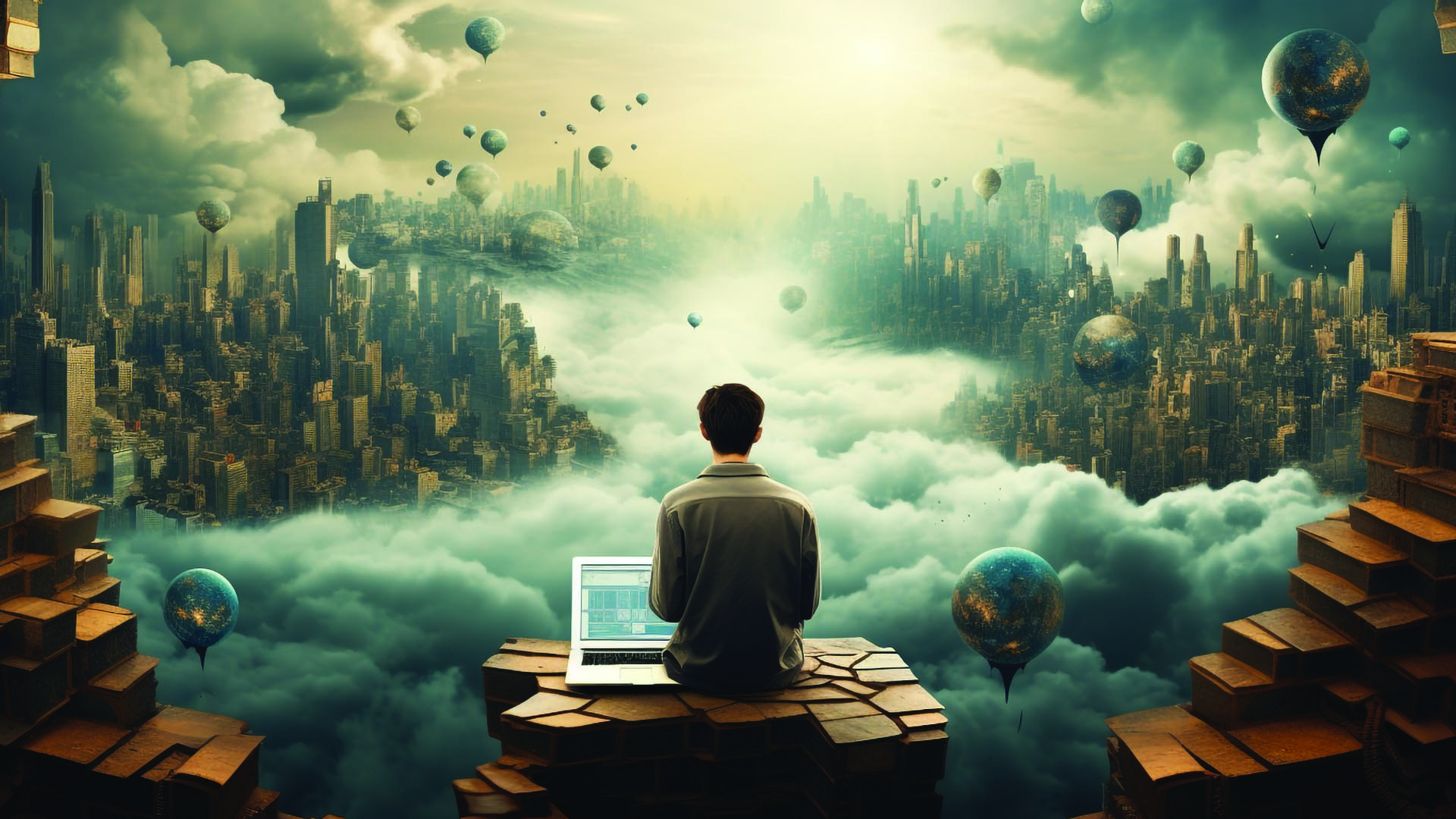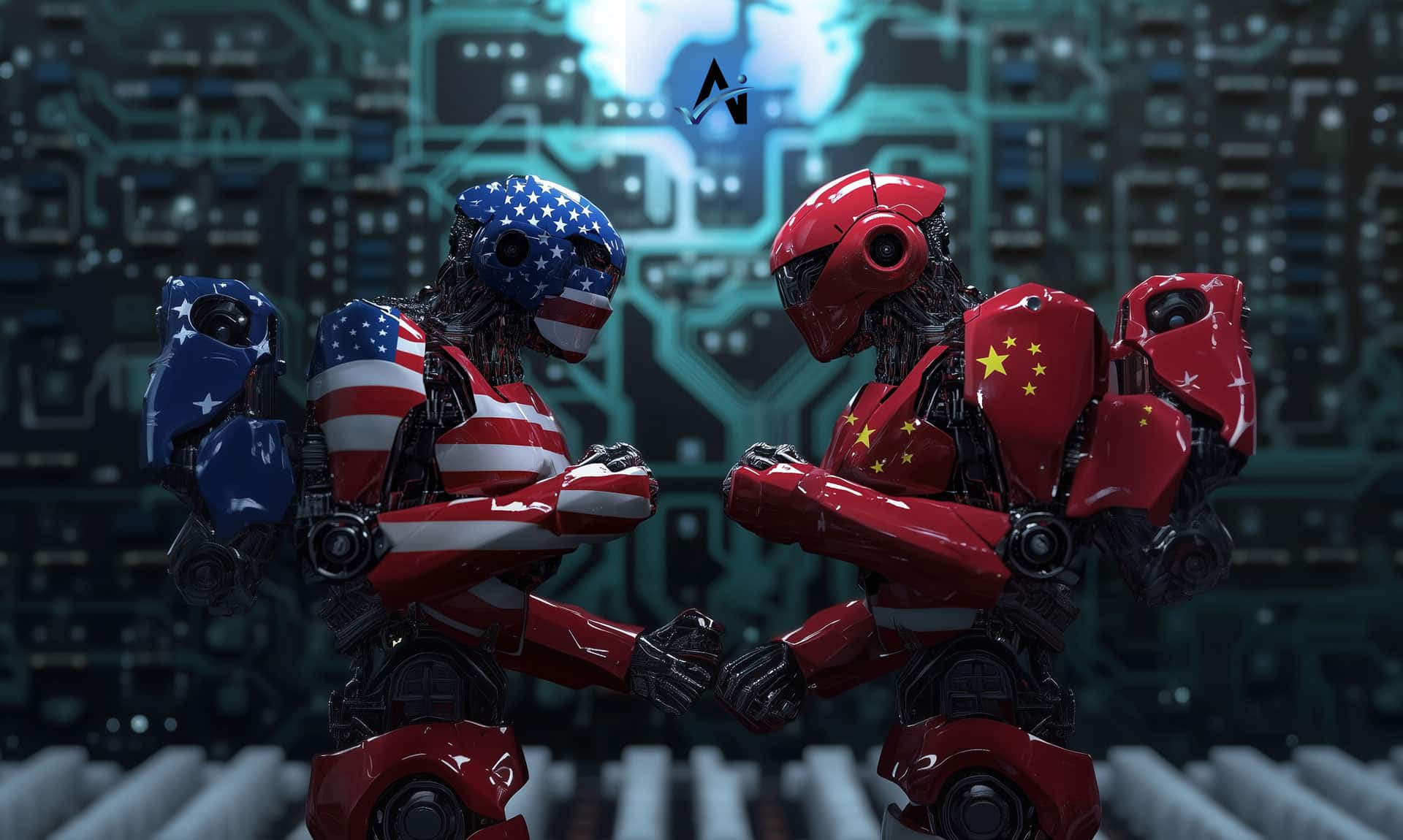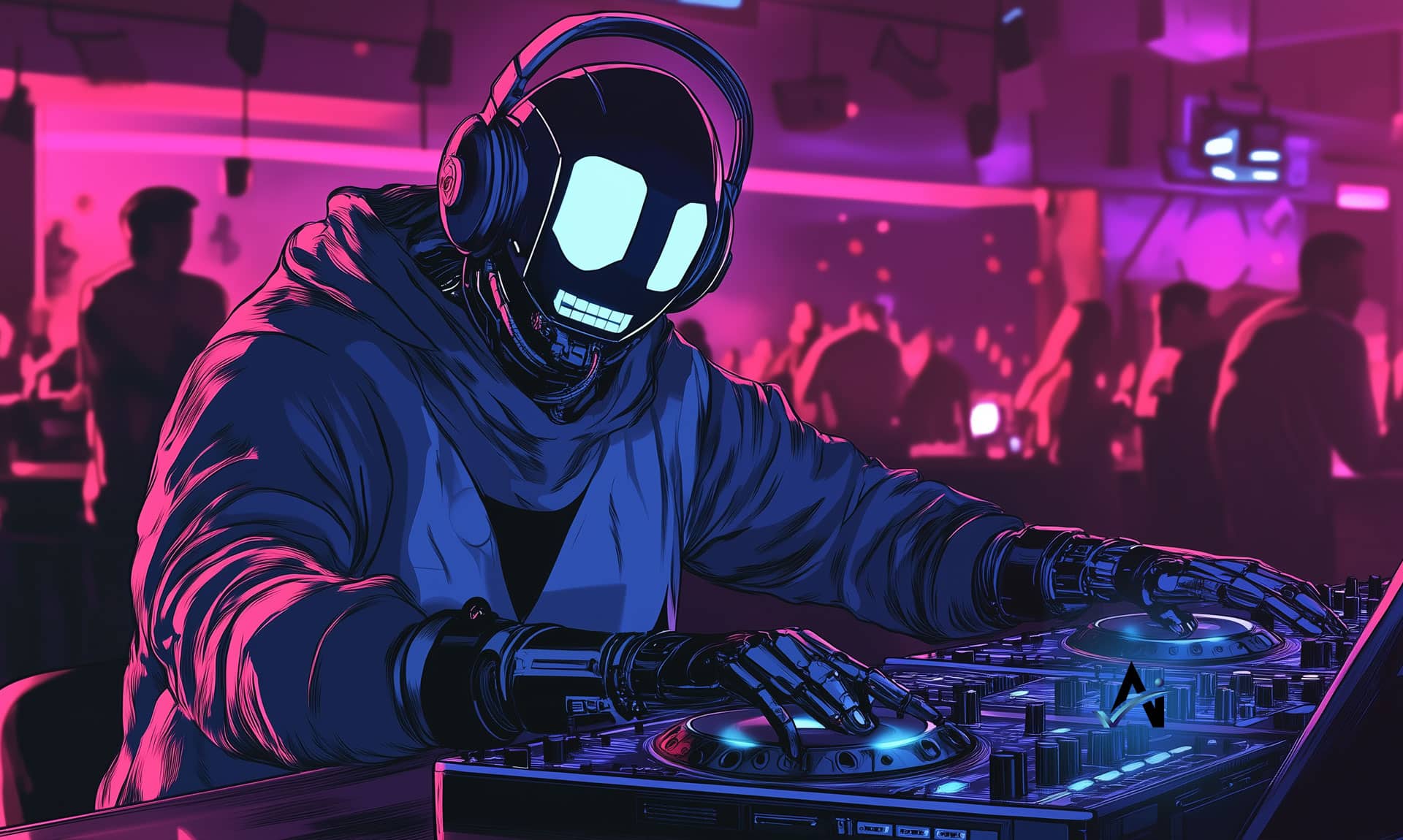Copyright: Navigating the AI Artistic Landscape
Generative artificial intelligence (AI) has become a game-changer, blurring the lines between human and machine-generated art. This article delves into the intriguing intersection of copyright law and generative AI, particularly in the context of art.
The Emergence of Generative AI in Art: Generative AI programs like DALL-E, ChatGPT, Stable Diffusion, and Midjourney have revolutionized art creation. These AI systems can generate an array of artistic content, including images and text, in response to textual prompts. While this technological advancement opens new artistic possibilities, it also raises profound questions about copyright law.
The Conundrum of Copyright: Copyright law, designed to protect “original works of authorship” by human beings, has traditionally centered on the concept of “authorship.” The U.S. Copyright Office recognizes copyright only in works created by human beings, and courts have upheld this notion. This legal landscape led to a pivotal lawsuit in which Dr. Stephen Thaler contended that an AI program autonomously authored an artwork. The court, however, upheld the requirement of human authorship, emphasizing the need for human creators to have copyright as an incentive.
Human Involvement in AI-Created Art: As generative AI becomes more prominent in art creation, questions arise about the level of human involvement required for copyright protection. Art generated using generative AI but shaped by human prompts may be eligible for copyright, but recent actions by the Copyright Office suggest a reluctance to find the necessary human authorship in such cases.
Copyright Ownership in the AI Age: Determining copyright ownership in AI-generated art introduces complexity. The Copyright Act traditionally vests ownership initially in the authors of the work. Here, AI’s creator can be likened to a camera maker, and the user who initiates the AI’s creative process can be compared to the photographer. However, many AI software providers allocate ownership rights through contracts. For instance, OpenAI’s Terms of Use assign copyright to the user, sidestepping some of these copyright intricacies.
Copyright Infringement in AI Art: Generative AI also raises concerns about copyright infringement, particularly in the training process and the resemblance between AI-generated outputs and existing works. The training process often involves copying existing works, potentially infringing on copyright holders’ exclusive rights. While some AI companies argue that this constitutes fair use, disputes persist. Furthermore, AI-generated outputs that resemble existing works may infringe copyright if the AI had access to those works and produces substantially similar results.
The Way Forward: As we navigate this uncharted territory, Congress may need to consider amendments to the Copyright Act or other legislation to address the unique challenges presented by generative AI in art. However, it is crucial to acknowledge that the legal landscape is still evolving. Courts and the Copyright Office require more experience to provide comprehensive guidance and predictability in this complex domain.
The dynamic relationship between copyright law and generative AI in the realm of art is a testament to the ever-evolving nature of creativity and technology. While generative AI holds the potential to reshape art as we know it, it also beckons us to reevaluate and adapt our legal frameworks to ensure a fair and equitable landscape for artists, creators, and innovators in the AI age.
latest video
Get Our Newsletter
Never miss an insight!






